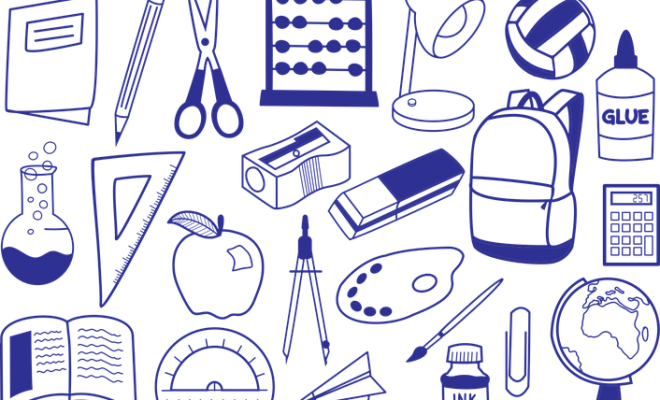Why You Should Be Afraid of “Free” Tech Tools

Surely, free is almost always better regardless if it’s food, advice, or apps. As much as we all love free things, we also know that not everything is better when it’s free. This is especially true when it comes to some apps and tech tools.
Yes, we’ve recommended free apps and tools, however, there are some reasons why you should be wary of using free tech tools.
“Free” Isn’t Always Free
Typically, no one is going to release an app or tool without making a buck; thus, there has to be a model for monetization.
Many apps generate revenue by selling advertisements to other companies. This model can be problematic for educators utilizing free tech tools because it can interfere with learning, or worse, inappropriate content can pop up.
The most common model is the “freemium” model whereby users can download the app for free but must pay to upgrade. While this model is more successful than limited-time offers and free trials, it still leaves much to be desired. Oftentimes the app has such limited functionality and features that it’s nearly useless. The “free” app sounds great at first but you know you’ll have to pay to upgrade if you actually want full use of the tool.
You Pay with Your Privacy
The main reason to be wary of “free” tech tools: big data. An increasingly common means in which developers profit off their apps is through data collection.
Apps are great resources for teaching and learning, and it’s awesome when they’re free. However, beware, as some developers make money from selling user information to big companies who then use it to target you with ads – or worse.
Case in point: Edmodo, a “free” edtech product used by many schools. The company, founded in 2008, created a communication platform for teachers, parents, and students that’s free to use. Recently, the company was found to be guilty of tracking and selling its 77 million users’ data to other companies for remarketing purposes.
What’s even more troubling is that the company was hacked and the exact same information was being sold on the dark web. This means that the account details of the users were stolen and put up for illicit sale to anyone with the ability to pay for and access them.
With all the free apps and tech tools out there, it’s critical to either be aware of what’s happening or proactive in protecting personal information. Regardless, Bill Fitzgerald thinks that we ought to stop focusing on “…services that are free and start talking about services that bury the cost in different ways.”
Are you wary of “free” tech tools? Tell us why. Are you being proactive in protecting your and your students’ personal information? Tell us how.





